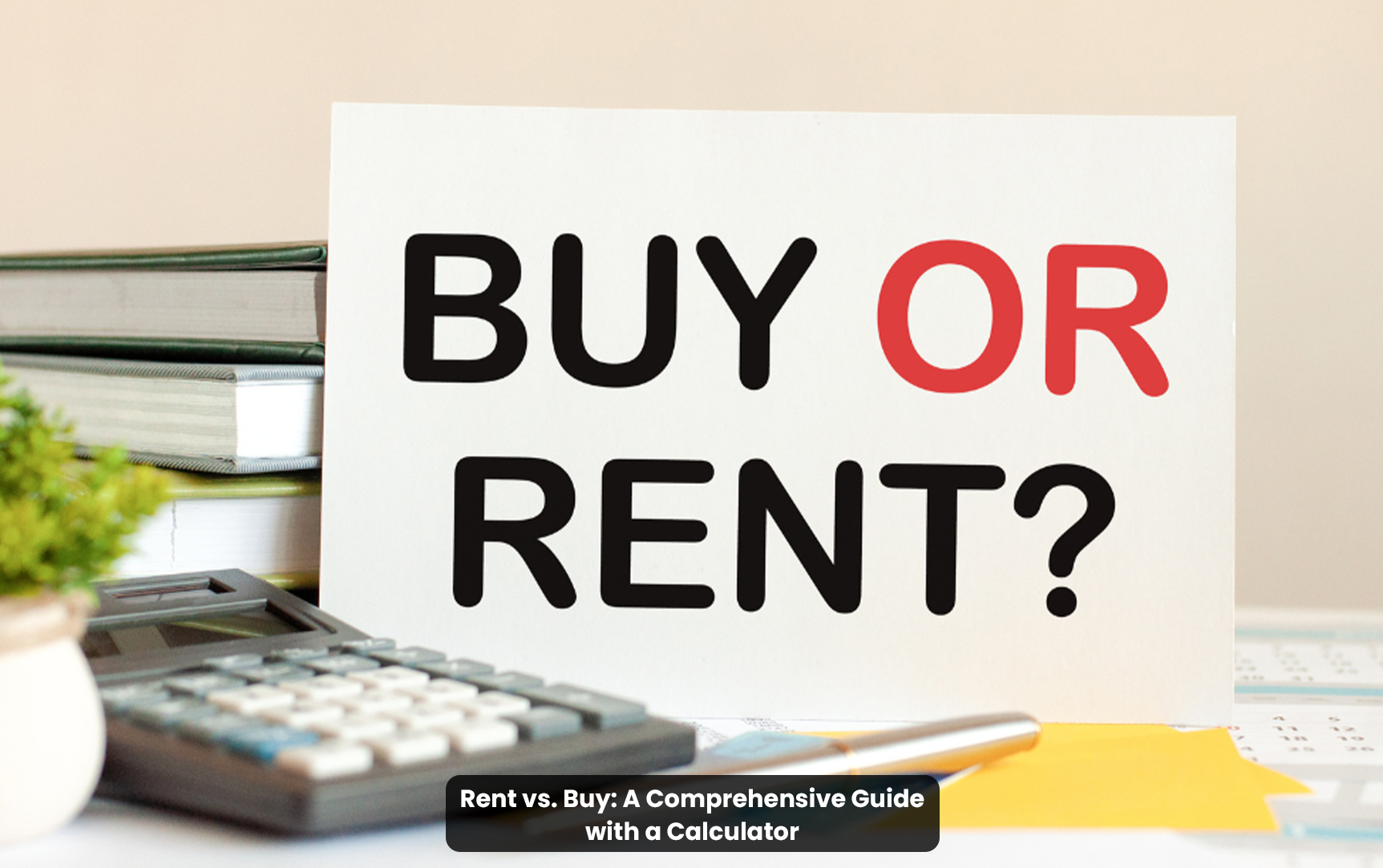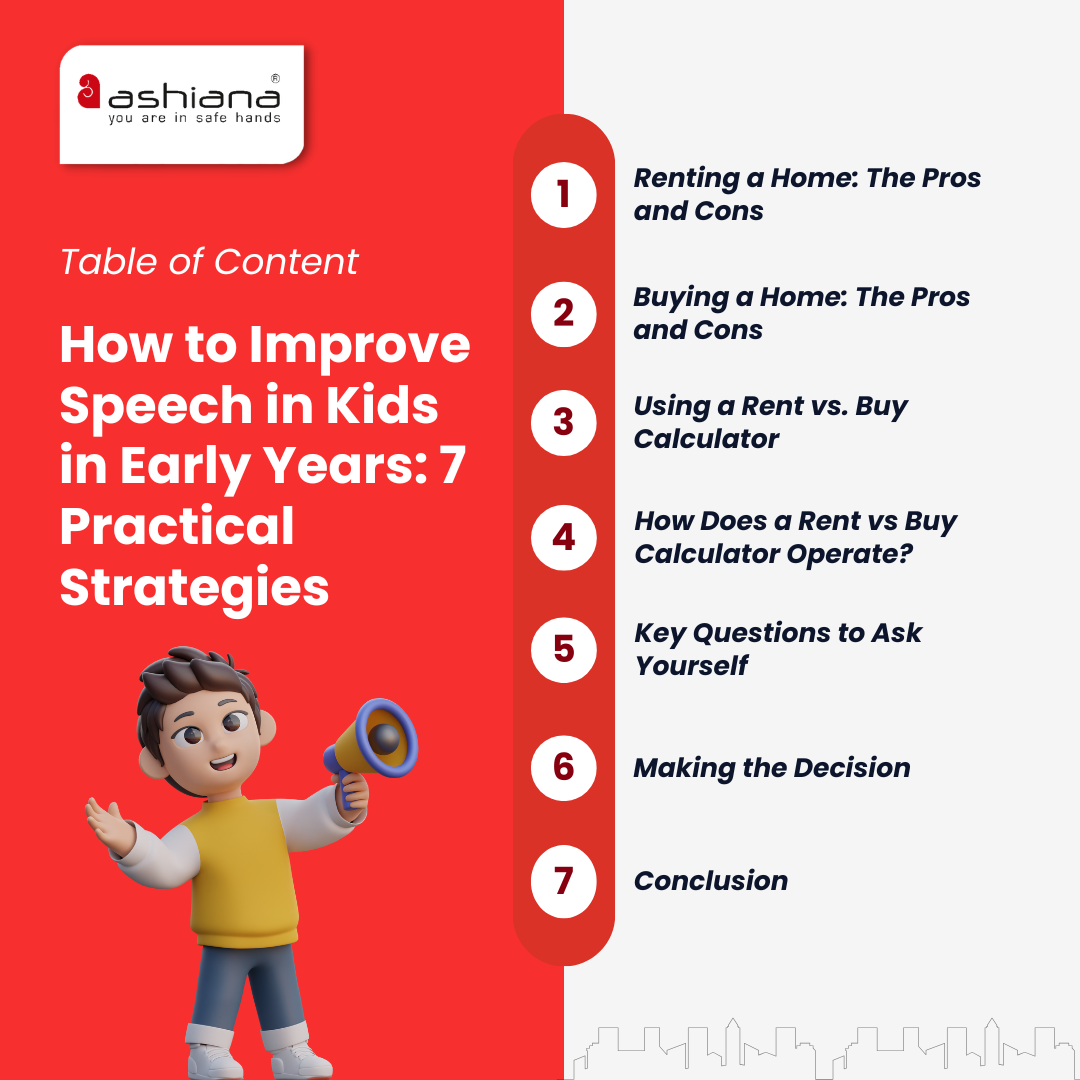

Renting involves paying a monthly fee to live in a property owned by someone else, whereas buying a home means purchasing property and owning it outright or through a mortgage.
Consider factors like your financial situation, long-term plans, job stability, and the current real estate market. Tools like a rent vs. buy calculator can help you evaluate costs and make an informed decision.
A rent vs. buy calculator compares the financial implications of renting and buying over a specific period. It factors in monthly rent, home price, down payment, mortgage terms, property taxes, and more to provide a clear comparison.
Renting typically does not offer tax benefits. However, homeowners can often deduct mortgage interest, property taxes, and other expenses, depending on their location and tax laws.
It depends on your circumstances. Renting is generally cheaper in the short term, but buying can be more cost-effective in the long run if property values increase and you stay in the home for several years.
Ashiana, Ashiana Housing build homes. Homes surrounded by vast green spaces and fresh breeze. Homes cocooned in secured gated complexes. Homes where futures are forged and there are opportunities to grow. And Homes in environments brimming with healthy activity, trust and respect. At heart, we build communities with care.
Other posts by Ashiana
Join 1000+ of fellow readers. Get expert real estate knowledge straight to your inbox absolutely free. Just enter your email address below.